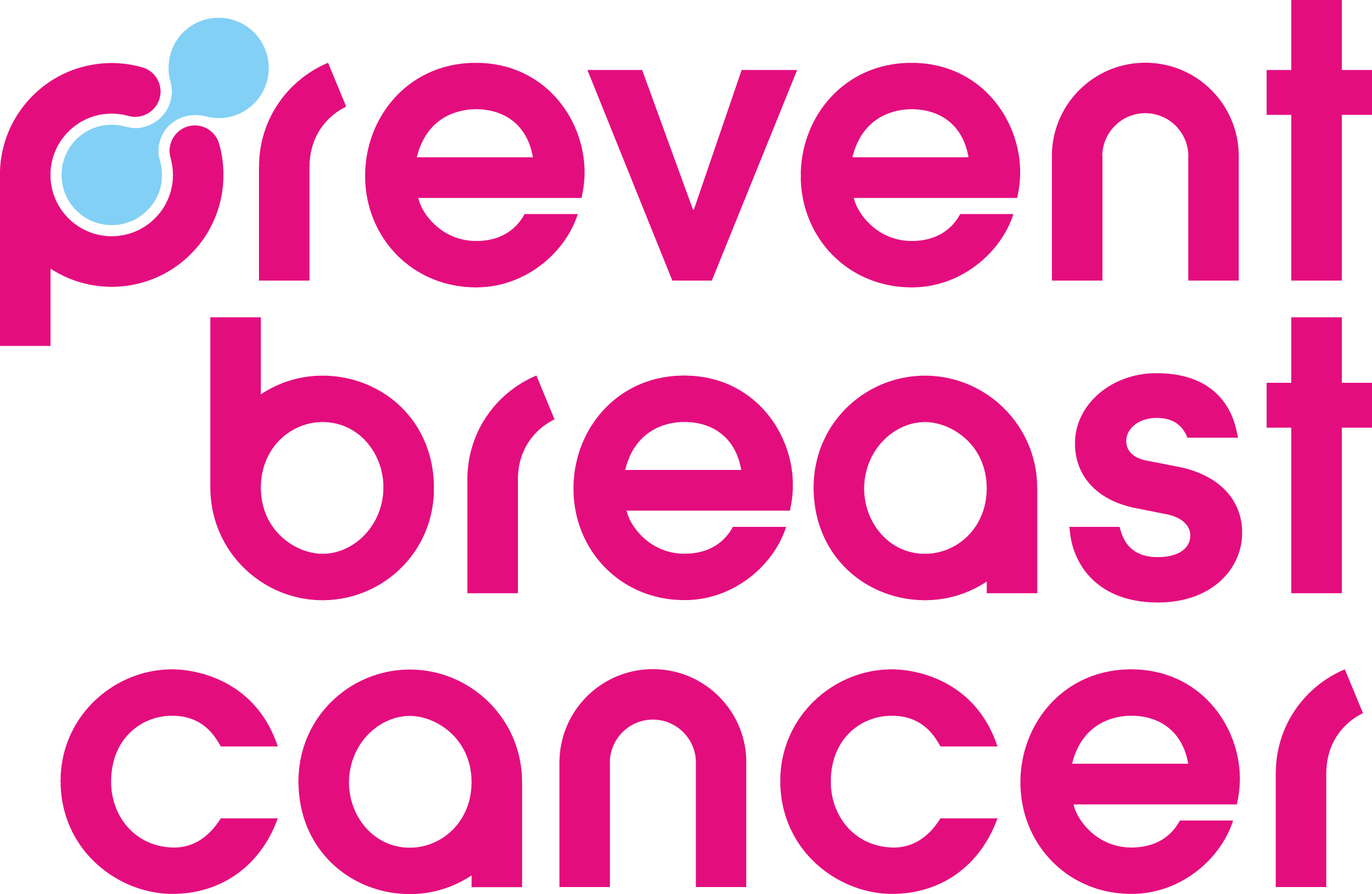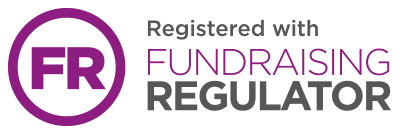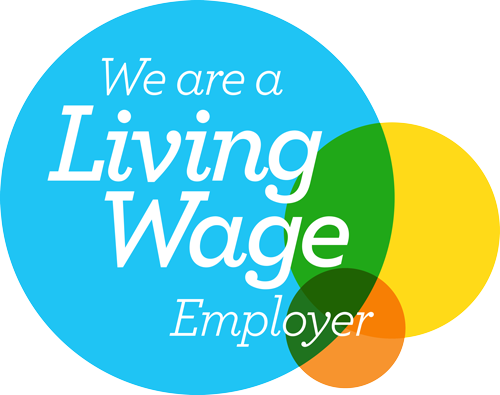Transgender Chest Awareness
Chest awareness for people who are transgender, non-binary and gender-diverse.

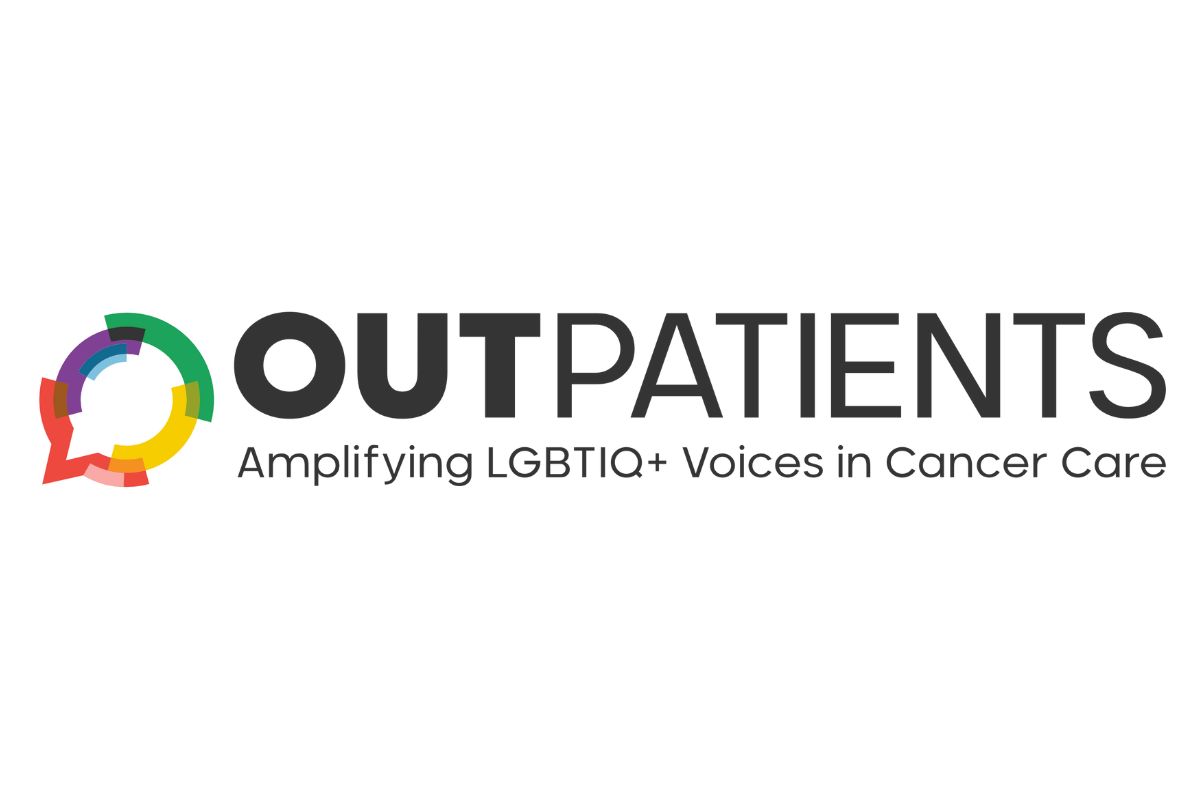
On this page you can find Chest awareness information for people who are transgender, non-binary and gender-diverse. This page has been written in collaboration with OUTpatients– a charity that supports and advocates for LGBTIQ+ people affected by cancer.
Breast cancer can affect anyone who has even a small amount of breast tissue, this includes cis men, transgender women, transgender men, non-binary and gender diverse individuals.
The signs and symptoms present similarly to those in cis women. The most common symptom is a lump across the chest or the armpit. If a person has had top surgery (also called gender affirming mastectomies) the signs and symptoms may present more like those in cis men.
If you find a lump or notice any other changes to your chest tissue, it’s important to get checked by your GP as soon as possible. Book an appointment with your doctor, who may refer you to a breast clinic where you will be seen within two weeks.
Many symptoms of breast cancer, including breast lumps, are non-cancerous and caused by normal tissue changes. But it remains vital that you pay attention to your body and seek help if you notice anything that is abnormal for you.
Breast Cancer Risk Factors
We know that age and exposure to oestrogens are the most important risk factors for developing breast cancer. There isn’t a lot of research evidence about the impact of gender affirming treatments on breast cancer risk, however, if you have been on long-term hormone therapy you may be at increased risk of developing breast cancer. Your GP can arrange a referral for you to have mammograms at a hospital near you. The information below is a combination of best evidence available, and expert opinion.
Trans male breast cancer risk
The risk of breast cancer in trans men depends a lot on what treatments a person has had. Top surgery (also called gender affirming mastectomy) decreases breast cancer risk significantly. The lifetime risk of developing breast cancer after top surgery is much lower than for cis women, but higher than for cis men. How much lower this risk is, we don’t know but the risk is probably closer to that of a cis man.
Testosterone probably decreases breast cancer risk slightly. However, if a person has not had top surgery, their lifetime risk of developing a breast cancer will be similar to that of a cis woman. This is why it is very important to attend for breast screening if a trans male person still has breast tissue.
There is no evidence that chest binding makes any difference to breast cancer risk.
Trans female breast cancer risk
The lifetime risk of breast cancer for a trans woman who has been on oestrogens for five years or more is estimated to be about 47 per 1000 people. This is higher than the breast cancer risk for cis men (about 1 per 1000 lifetime risk). It is much lower than the breast cancer risk for cis women (which is about 140 per 1000 lifetime risk).
Family history of breast cancer
Risk is higher in those that have a genetic pre-disposition to breast cancer. For example, someone that has a significant family history of the disease or carries a gene that increases the risk of developing breast cancer. Speak to your GP if you’re concerned about this. A referral can be made to your local breast family history clinic and, if screening is required, recommendations may be tailored to you.
Diagnosis & Treatment
Following a referral from a GP to a breast cancer clinic, the patient would have a clinical examination followed by an ultrasound scan, and sometimes a mammogram. A biopsy can be taken to confirm the diagnosis of a lump.
Treatment for breast cancer is tailored to each person, and this is equally true for TGD individuals. Treatment usually involves surgery to the breast/chest and surgery to the lymph nodes of the armpit. It may also involve chemotherapy, radiotherapy, or hormone therapy.
Breast/Chest Screening
Routine breast cancer screening is for anyone between the ages of 50 and 70 who has breasts, due to either naturally occurring oestrogen or oestrogen hormone therapy. This might include:
What is the test for?
Breast cancer screening uses a test called mammography which involves taking X-rays of the breast tissue on your chest. The scan looks to find breast cancers at an early stage, when they may be too small to see or feel. Identifying cancer at this stage increases the chance of treatment being successful. These tests are conducted at Breast Clinics or mobile mammogram screening vans, not at your local General Practice.
Who gets invited to breast screening?
If you’re registered as female with your GP, you will be automatically invited to breast screening when you reach 50.
If you’re registered as male with your GP, currently you will not be automatically invited for breast screening. If you’ve not had top surgery / gender affirming mastectomy and would like to take part in screening, then you can organise your mammogram by visiting your GP or by booking an appointment with a breast cancer screening service.
If you have had top surgery / gender affirming mastectomy, then your lifetime risk of breast cancer is very much reduced. This means that you are not currently recommended to have screening mammograms. Also, it is usually not technically possible to have a mammogram after top surgery.
If you have had a breast reduction, you should still attend for breast cancer screening.
If you think you should have breast/chest screening and you’ve not been sent a letter, contact your local breast screening service if you’ve not been invited for breast screening by the time you’re 53 and you think you should have been. You should also contact them if it’s been more than 3 years since your last appointment and you think you’re overdue.
Tips for attending a chest/breast screening appointment
Breast screening can be uncomfortable, and some people find the procedure painful. Talk to the mammographer if you’re concerned about pain or are in pain during the procedure. They’re trained to help you feel more comfortable and give you support. You can also ask to stop at any time. Breast cancer and breast tissue are clinical terms and are commonly used during the screening process. If you prefer to refer to this area as your chest, your attending clinician should respect this. There may be times when they need to speak clinically, and times when they can speak personally – they should be able to explain the difference between these two. Call the clinic ahead of your appointment to discuss any concerns
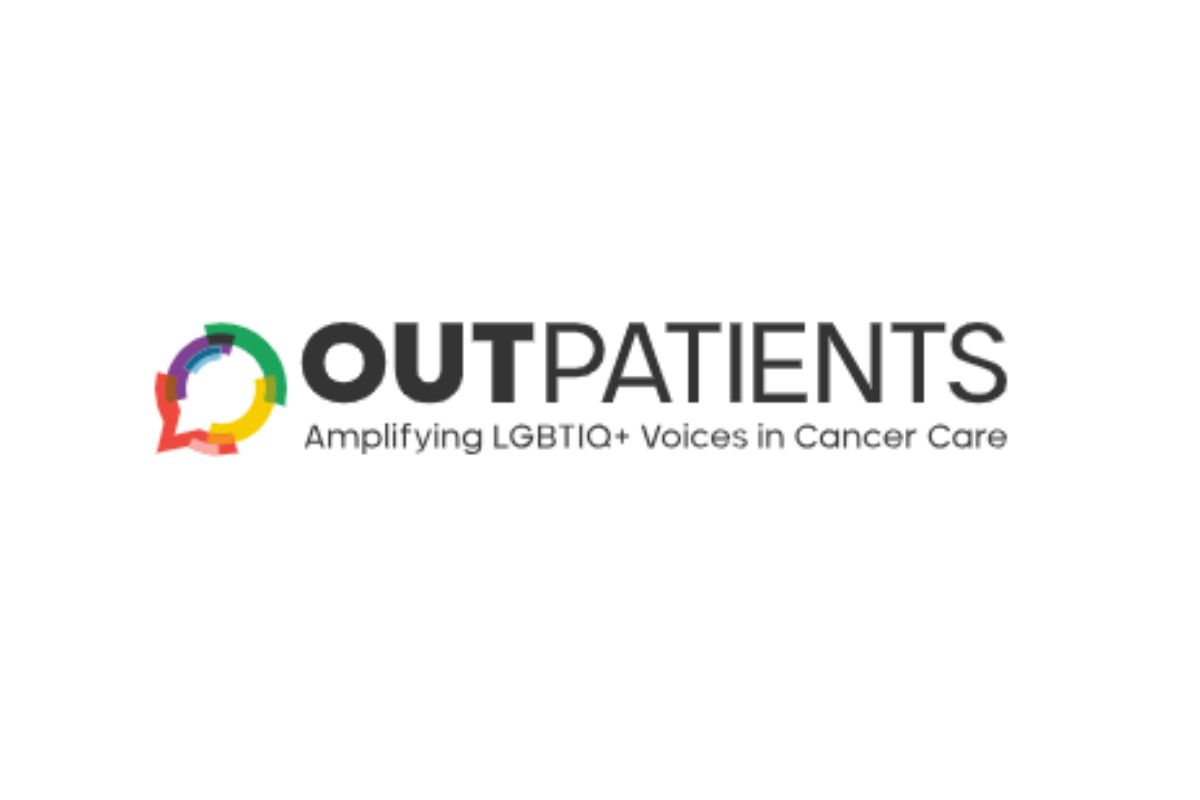
Any Questions?
This page has been written in collaboration with OUTpatients – a charity that supports and advocates for LGBTIQ+ people affected by cancer. If you have any further questions, we recommend that you contact OUTpatients for more advice.
About Prevent Breast Cancer
Prevent Breast Cancer is the only UK charity entirely dedicated to the prediction and prevention of breast cancer – we’re committed to freeing the world from the disease altogether. Unlike many cancer charities, we’re focused on preventing, rather than curing. Promoting early diagnosis, screening and lifestyle changes, we believe we can stop the problem before it starts. And being situated at the only breast cancer prevention centre in the UK, we’re right at the front-line in the fight against the disease. Join us today and help us create a future free from breast cancer. If you have any questions or concerns, email us today.
on January 10, 2024.
on January 16, 2023.

